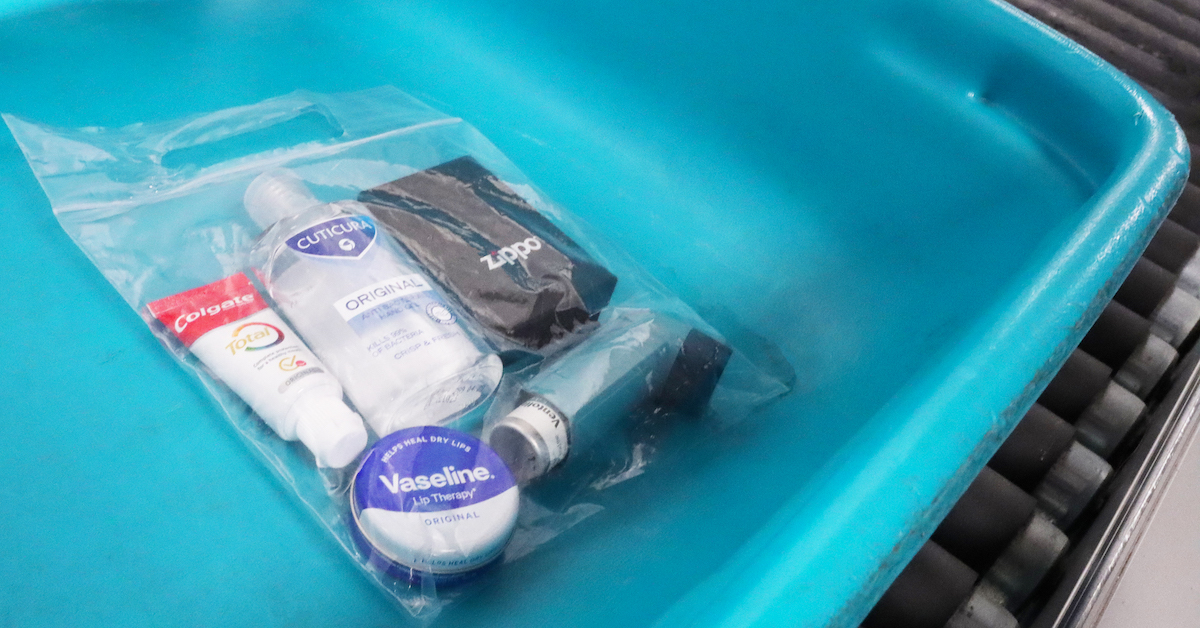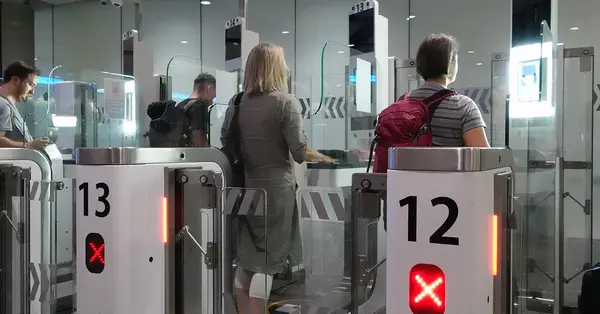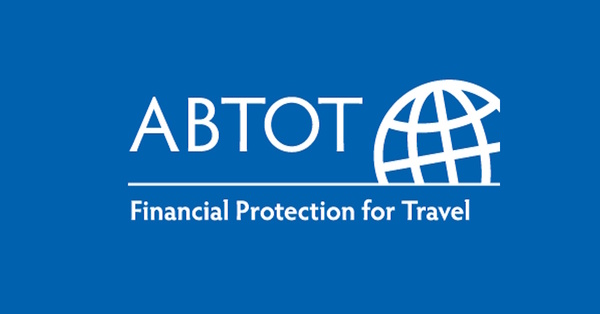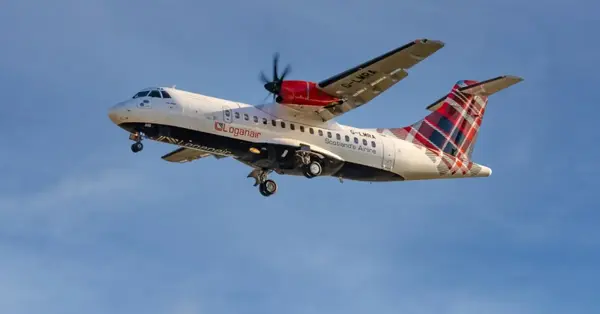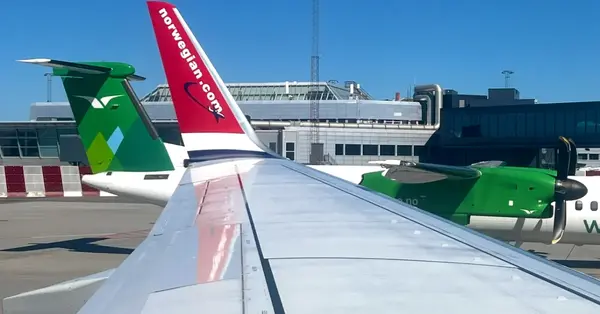You are viewing 1 of your 2 free articles
Blanket 100ml liquids restrictions to return at EU airports
The European Union has followed the UK government in restricting use of the latest security scanners at airports and reimposed 100ml limits on liquids in cabin baggage from September.
An EU Aviation Security Regulation issued on Monday (July 29) extended the existing 100ml limit on liquid, gel and aerosol containers in cabin bags to the latest high-tech scanners from September 1.
The 100ml restrictions had been relaxed at a minority of airports which have installed C3 scanners which use computer tomography (CT) technology to detect dangerous substances.
More: Analysis: Security retightened on liquids at airports
Airports given more time to install new scanners
Where these are deployed, passengers have been allowed to carry liquids through security without a restriction and to keep liquids and large electronic devices in their cabin bags.
The UK government had sought to compel larger airports to install the CT scanners, setting a deadline of June 1 this year for them to do so, although it subsequently allowed a delay.
However, the government abruptly imposed restrictions on their use from June 9.
European airports association ACI Europe denounced the new restrictions on the scanners’ use as “a blow to major investments by airports” and “a setback” to passengers, and questioned how much trust “the industry can place” in the certification system.
It warned the restrictions “will reduce passenger throughput” at airports where the scanners have been deployed and “result in significant operational strain” requiring deployment of additional security staff.
Airports which have been early adopters of this new technology are being heavily penalised operationally and financially
ACI Europe suggested the restrictions “heavily penalise” airports which have invested in the scanners, pointing out they are “eight times more expensive on average than the screening machines they replace” and have operating maintenance costs “four times higher”.
Olivier Jankovec, ACI Europe director general, said: “All airports will comply with the new restriction. However, airports which have been early adopters of this new technology are being heavily penalised operationally and financially.
“They took the decision to invest and deploy C3 scanners in good faith, based on the EU having greenlighted this equipment without any restriction.
“The decision to now impose significant restrictions to their use questions the trust and confidence the industry can place in the current EU certification system for aviation security equipment.”
There is no indication of how long the restrictions will remain in force, with ACI Europe noting there is “no timeline and no process in place to lift it”.
The association urged the European Commission and member states “to develop a road map to waive the current restrictions and restore trust in the EU certification system”.
It also asked the EC to clarify that liquids limited to 100ml “can remain inside cabin bags when screened by C3 scanners”.
The EU restrictions apply throughout the 27 EU member states as well as in Iceland, Switzerland, and Norway, and they already apply in the UK.
C3 scanners have been deployed at six smaller airports in the UK and at Luton.
In the EU, the scanners have been deployed by some airports in Germany, Ireland, Italy, Lithuania, the Netherlands, Sweden and Malta.

